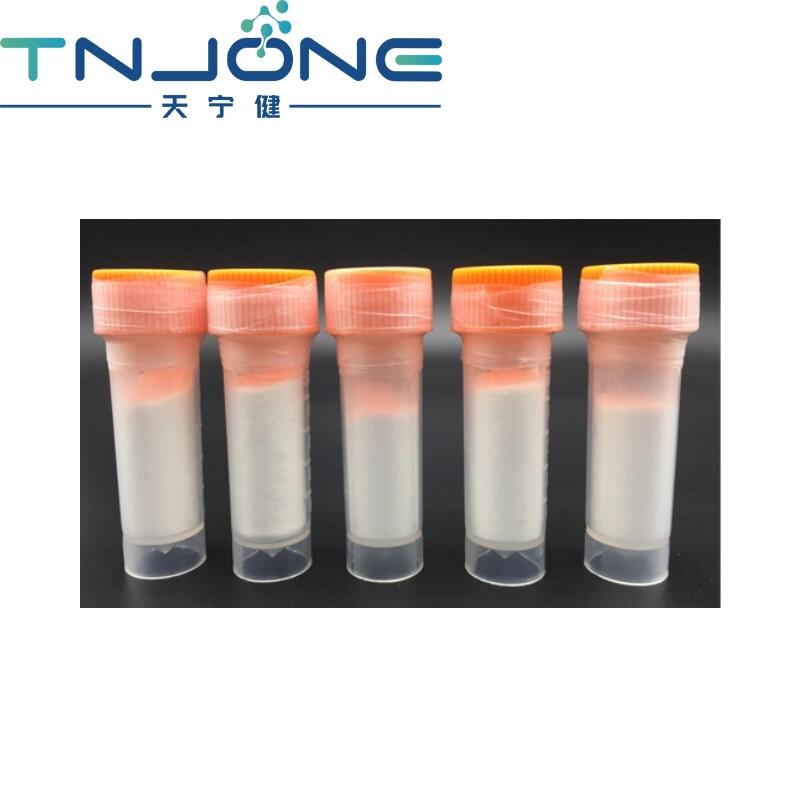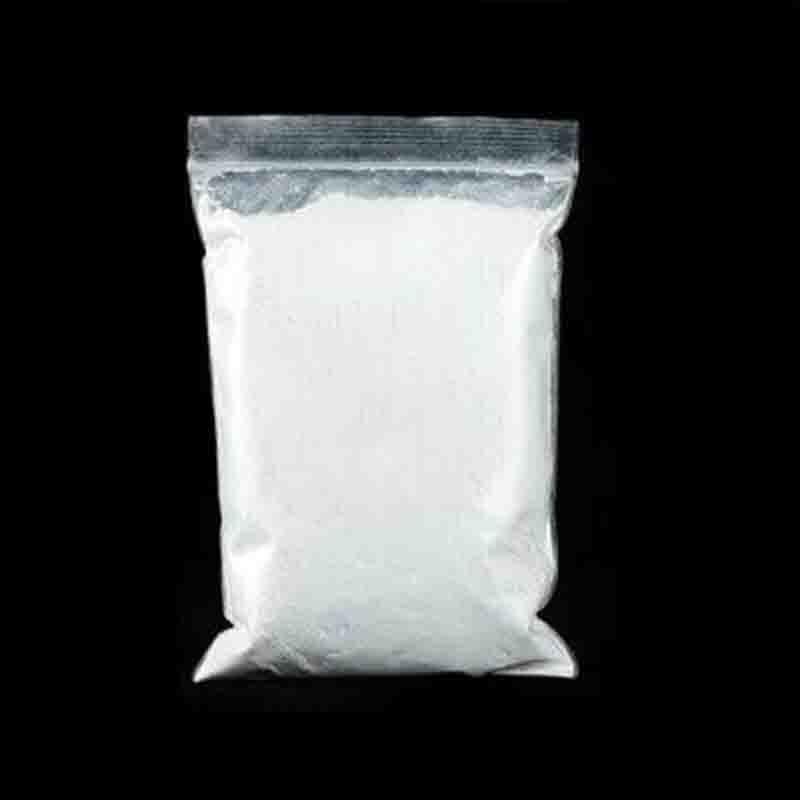-
Categories
-
Pharmaceutical Intermediates
-
Active Pharmaceutical Ingredients
-
Food Additives
- Industrial Coatings
- Agrochemicals
- Dyes and Pigments
- Surfactant
- Flavors and Fragrances
- Chemical Reagents
- Catalyst and Auxiliary
- Natural Products
- Inorganic Chemistry
-
Organic Chemistry
-
Biochemical Engineering
- Analytical Chemistry
-
Cosmetic Ingredient
- Water Treatment Chemical
-
Pharmaceutical Intermediates
Promotion
ECHEMI Mall
Wholesale
Weekly Price
Exhibition
News
-
Trade Service
Scientists have long wanted to link
【Relationship between intestinal flora and hyperactivity disorder (ADHD)】
The following are relevant clinical studies on the pathogenesis of foreign intestinal flora and ADHD in recent years
The study found some interesting phenomena
For example, in the gut microbial population diversity analysis (alpha diversity analysis), the Shannon index of children with ADHD (assessing the richness and uniformity of the species composition in the sample, the larger the value means that the species in the environment are more abundant and the species are more evenly distributed) is generally lower than that of healthy children, which is also present in the mother of the child, but not in the father of the child, which also provides evidence for the hypothesis that ADHD affects the next generation through family inheritance
Current studies have shown that there is a relationship
【Trial of adjusting the intestinal flora to improve symptoms in children with ADHD】
A 2019 study published in SCIENTIFIC REPORTS performed a detailed analysis
First, the research team divided the children involved in the trial into a trial group and a control group, and the test group took an intestinal flora adjuster with an initial dose of 1 capsule each time, 3 times a day; After that, the dose is gradually increased, eventually reaching 4 capsules 3 times a day (12 capsules).
The trial was conducted for a total of 12 weeks, in addition to examining the diversity of the intestinal flora of the two groups (including α diversity and β diversity, the diversity of α represents the diversity of microorganisms in the human body itself, and the diversity of β represents the difference in microbial composition between different individuals), and at the same time, at weeks 2, 4, 6, 8, 10 and 12 of the trial, the GCAS scale and the ADHD rating scale IV (ADHD-RS-IV) were used to assess the improvement of
The team found that by taking gut microbiota adjusters, the abundance of Bacteroidetes, Firmicutes, Proteobacteria, and Actinobacteria (abundance is a measure of the number of bacterial species, the higher the abundance, the more abundant the species) has changed
At the same time, the effect of changes in abundance of various species on ADHD symptoms was also evaluated
As shown in the figure above, on the left is the effect of changes in the abundance of Actinobacteria on ADHD, and on the right is the effect of changes in abundance of Bifdobacterium on ADHD
As shown in the figure above, the symptom scores of children with ADHD who participated in the trial changed with the abundance of Actinobacteria, but the individual conditions were different, and there were different conditions
As shown in the figure above, in order to further verify the relationship between changes in intestinal flora abundance and ADHD symptoms, the research team analyzed the data of the experimental group (intestinal flora adjuster) and the control group (placebo group) and found that the changes were more pronounced
Based on the above results, the research team believes that intestinal flora abundance and ADHD symptoms are highly correlated, and children with ADHD can improve intestinal flora abundance by taking intestinal flora adjusters, which can alleviate symptoms
【Conclusion】
There is a clear correlation between intestinal flora abundance and symptoms in children with ADHD, and it is expected to become a new way to treat ADHD by adjusting the intestinal flora in the
【References】
1,Hiergeist A ,Gessner J ,Gessner A .
2,Stevens A J ,Purcell R V ,Darling K A , et al.







